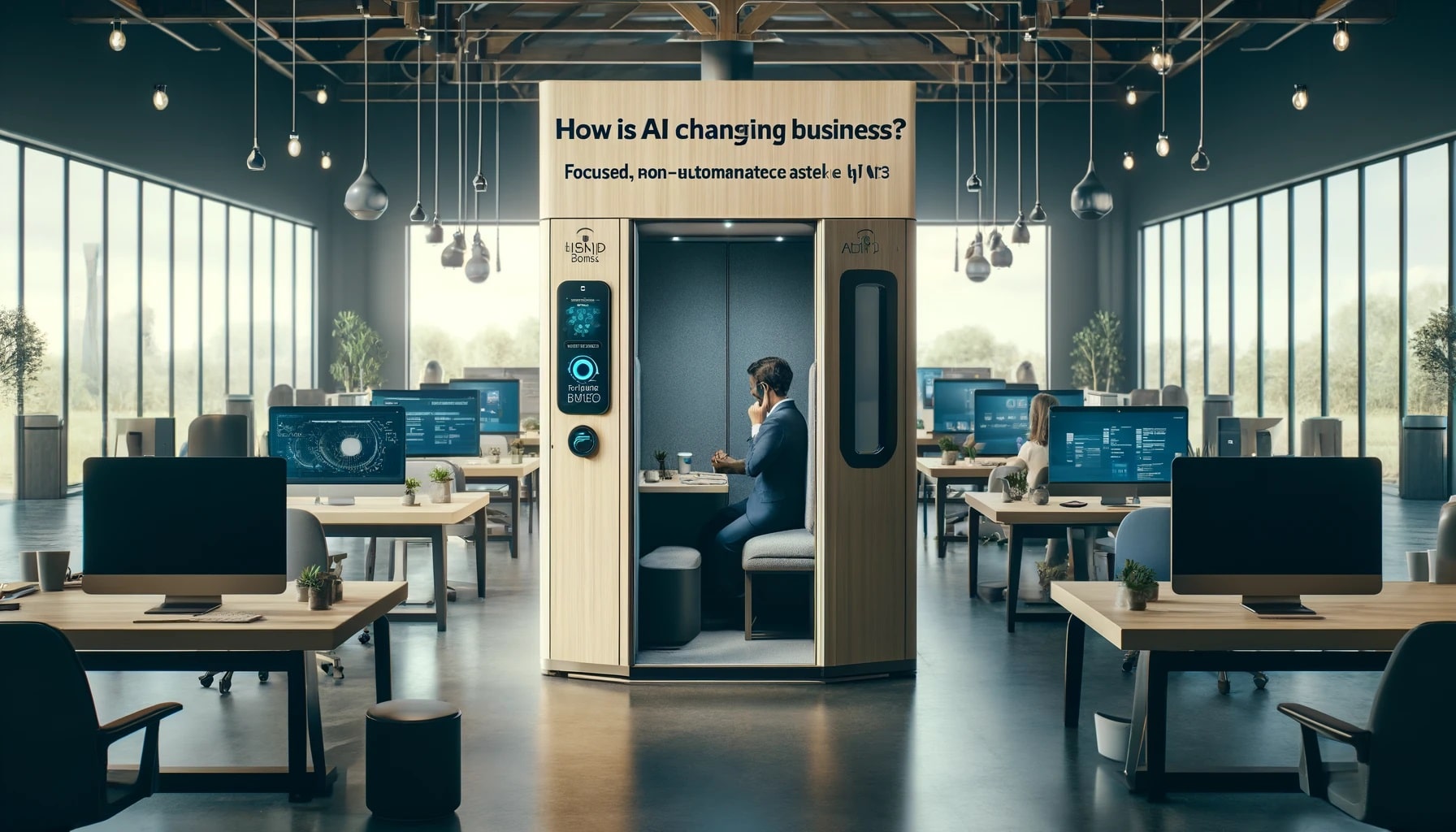As we move towards 2025, businesses worldwide are navigating a rapidly evolving landscape shaped by technological advancements, shifting consumer behaviors, and global challenges. Understanding these trends is crucial for companies aiming to maintain a competitive edge and adapt to changing market dynamics. Here are some of the top global business trends to watch in 2025.
1. Sustainability and Corporate Responsibility
Sustainability is no longer just a buzzword; it has become a fundamental business imperative. Consumers are increasingly demanding transparency and accountability from brands regarding their environmental and social impact. In 2025, businesses will be expected to integrate sustainability into their core strategies, from sourcing and production to marketing and community engagement.
Companies that prioritize sustainable practices, such as reducing carbon footprints, promoting circular economies, and supporting local communities, will likely attract more customers and enhance their reputations. Additionally, regulatory frameworks around sustainability are becoming stricter globally, making it essential for businesses to adopt sustainable practices to comply with laws and standards.
2. Digital Transformation and Automation
Digital transformation will continue to be a significant trend as businesses leverage technology to improve efficiency and enhance customer experiences. In 2025, we can expect increased investments in automation, artificial intelligence (AI), and machine learning, particularly in sectors such as manufacturing, logistics, and customer service.
Automation will not only streamline operations but also allow businesses to harness data analytics for informed decision-making. As companies adopt more sophisticated digital tools, there will be a greater emphasis on upskilling the workforce to work alongside these technologies, fostering a hybrid environment where humans and machines collaborate effectively.
3. Remote and Hybrid Work Models
The COVID-19 pandemic has fundamentally changed the way we work, and the shift towards remote and hybrid work models is here to stay. By 2025, companies will continue to adapt to this new normal, offering flexible work arrangements that cater to employee preferences for remote work, while also ensuring collaboration and productivity.
Organizations will invest in tools and technologies that facilitate remote work, such as collaboration platforms and project management software. Moreover, there will be a growing focus on employee well-being, with businesses implementing initiatives that support mental health and work-life balance in remote settings.
4. E-commerce and Digital Payment Innovations
E-commerce has experienced explosive growth, and this trend is set to continue as consumers increasingly prefer online shopping. By 2025, businesses will need to enhance their e-commerce strategies, focusing on personalized customer experiences, faster delivery options, and seamless payment processes.
The rise of digital payment solutions, including mobile wallets, cryptocurrencies, and buy-now-pay-later services, will further transform how consumers transact. Companies that embrace these innovations and provide convenient payment options will have a competitive advantage in attracting and retaining customers.
5. Health and Wellness Focus
The health and wellness trend has gained momentum, with consumers becoming more conscious of their physical and mental well-being. By 2025, businesses in various sectors, including food and beverage, fitness, and healthcare, will increasingly prioritize health-centric products and services.
Companies will need to adapt their offerings to align with consumer preferences for healthier alternatives, clean ingredients, and holistic well-being. The integration of technology in health, such as wearable devices and telehealth services, will also continue to grow, allowing consumers to monitor and manage their health more effectively.
6. Diversity, Equity, and Inclusion (DEI) Initiatives
Diversity, equity, and inclusion are becoming essential components of corporate culture. In 2025, businesses will face mounting pressure to implement DEI initiatives that foster a more inclusive workplace environment. Companies that prioritize DEI not only enhance employee satisfaction and engagement but also drive innovation by bringing diverse perspectives to the table.
Organizations will increasingly focus on equitable hiring practices, inclusive leadership, and creating safe spaces for marginalized voices. The emphasis on DEI will not only improve internal dynamics but also resonate with consumers, who prefer to support brands that reflect their values.
7. Cybersecurity and Data Privacy
As businesses become more reliant on digital technologies, the importance of cybersecurity and data privacy will escalate. By 2025, companies will need to invest significantly in cybersecurity measures to protect their data and systems from increasingly sophisticated cyber threats.
Regulatory frameworks around data privacy, such as the General Data Protection Regulation (GDPR) in Europe, will continue to evolve, requiring businesses to adopt robust data protection practices. Organizations that prioritize cybersecurity will not only protect themselves from breaches but also build trust with consumers who are increasingly concerned about their data security.
8. Global Supply Chain Resilience
The COVID-19 pandemic exposed vulnerabilities in global supply chains, prompting businesses to reassess their strategies. By 2025, companies will prioritize supply chain resilience by diversifying suppliers, increasing inventory buffers, and leveraging technology for real-time visibility.
Organizations will focus on building more localized supply chains to mitigate risks associated with geopolitical tensions and disruptions. Investing in technology, such as blockchain for transparency and IoT for monitoring, will be crucial in ensuring supply chain efficiency and resilience.
Conclusion
As we look ahead to 2025, these trends will significantly shape the global business landscape. Companies that proactively adapt to these changes will not only thrive but also set themselves up for long-term success. By prioritizing sustainability, embracing digital transformation, and fostering inclusive environments, businesses can position themselves to meet the demands of an increasingly dynamic and interconnected world.




